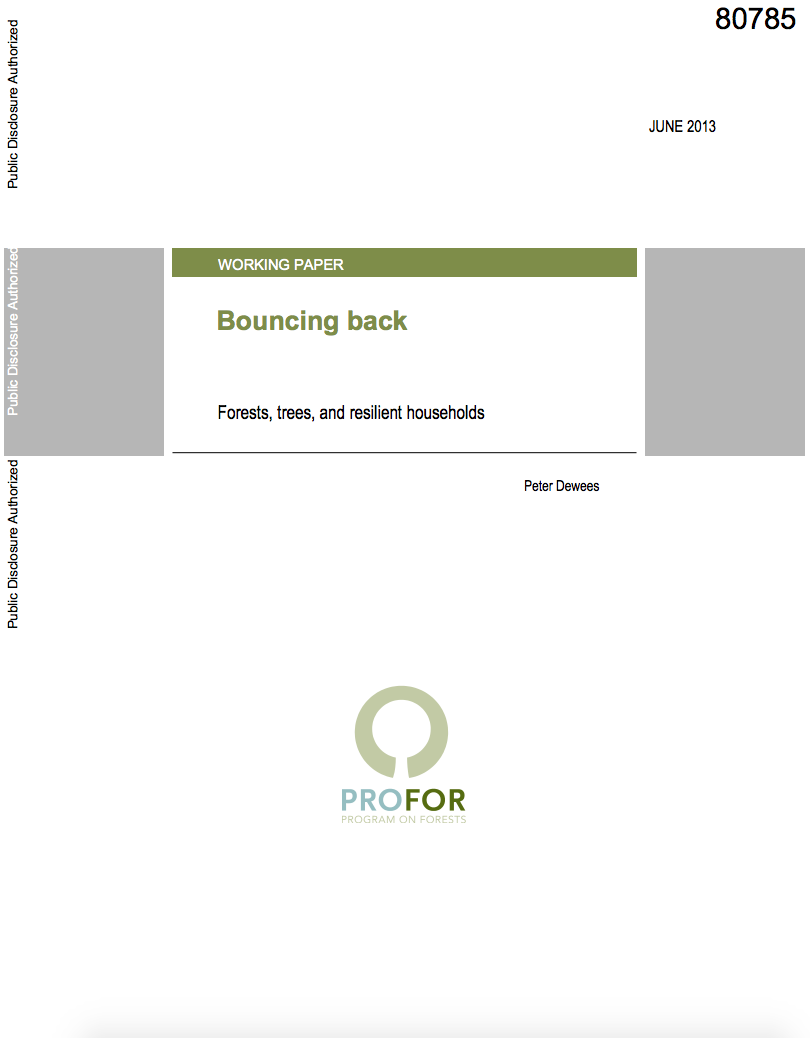Improving Agricultural Productivity and Market Efficiency in Latin America and the Caribbean : How ICTs Can Make a Difference?
Agricultural growth rates in the Latin
America and the Caribbean (LAC) region have been much slower
than the rest of the developing world. In the regions of
East Asia, South Asia and Middle East and North Africa, the
annual growth of agricultural Gross Domestic Product (GDP)
in 1980-2004 exceeded 3 percent, while growth in Sub-
Saharan Africa averaged almost 3 percent. This paper
attempts to present an overview of the agricultural sector


